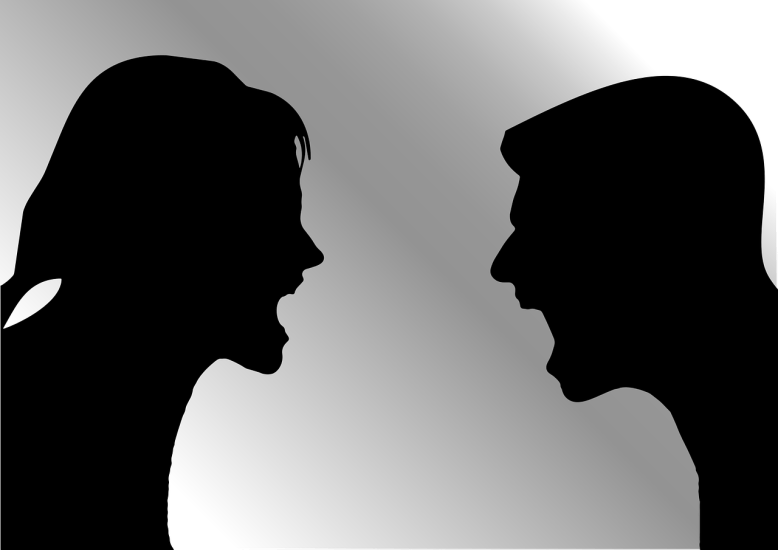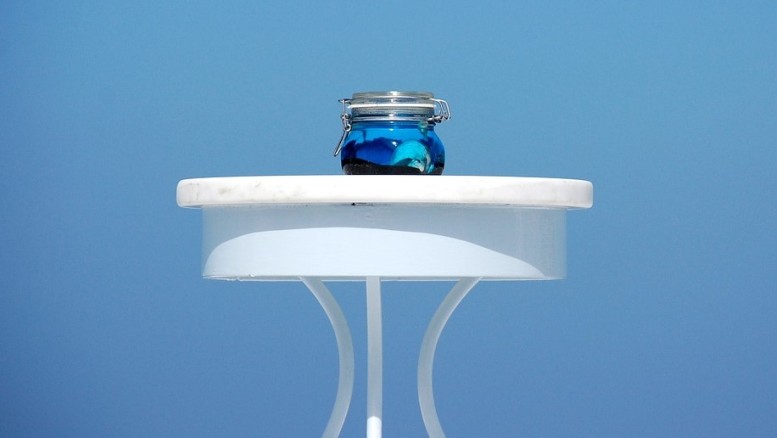By Maureen DeGarmo
Have you ever noticed how you feel after a stressful conversation? Does it make your chronic illness or chronic pain symptoms worse? Has one of these incidents happened to you?
- Trying to explain your chronic-illness symptoms to a doctor, who doesn’t seem to believe you and may even pose confrontational questions.
- Having an acquaintance recommend that you get more sleep, get more exercise, or eat more salad. (Really? If my body would allow me to get more sleep, I would.)
- Having someone close to you say, “Cheer up! It can’t be that bad!”
- Being blamed for something you did not do. Having a family member snap at you. Disagreeing with your spouse.
Recently, I went to an event and the greeter (who was not a stranger to me) said that I looked “pitiful.” Little did he know that my pain was a level 6 that day, and walking was very difficult. I chose to refrain from commenting, due to the setting I was in, but if I had opened my mouth, he would have gotten an earful. I had no energy to respond, nor did I want to engage with someone who might attempt to justify his actions. Instead, I gave him my best glare and walked toward my seat.
That was several days ago, and I have not gotten over it. I have thought a great deal about how I will confront him (which I plan to do). I have asked a couple of people for their input. But, in the long run I know that if I had had the energy to either laugh it off, or respond with a short answer, then it would not be affecting me so much.
This is an example of how negative interaction makes us sick. We are already operating on low energy, and the negative interactions in our life can drain what energy we do have. So, how do we, as Illness Warriors, protect ourselves? Here are some thoughts.
Use the Buddy System. Whenever possible, try to have a friend or family member by your side when venturing out into public. Sometimes they might speak up, other times they can provide moral support.
One Thing a Day. My goal is to try to limit leaving the house to once a day, and choose other productive activities at home to add variety to my day. So, if I have an appointment in the morning, then my afternoon to-do list might include writing, meal planning or taking a walk around the neighborhood. This limits interaction with the public.
Have a Go-To Phrase. Select something short that you won’t regret saying, such as “You have no idea!” Or “If only you knew.” Or, “I hope you never experience anything like this. I wouldn’t wish it on my worst enemy.” Or, “This is my pain face.” Whatever you choose, decide ahead of time what fits you and your situation without revealing too much.
Negative interaction does indeed make us sick. Literally. What self-protection measures do you use to help prevent making your condition worse?










